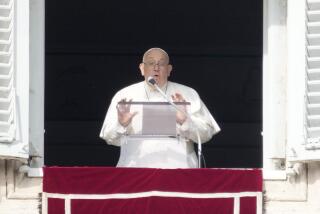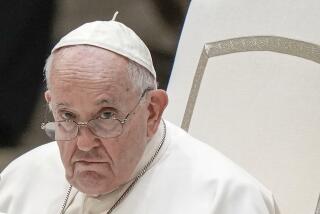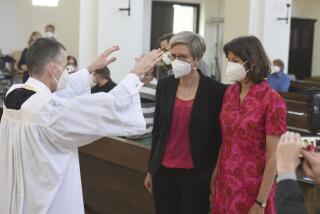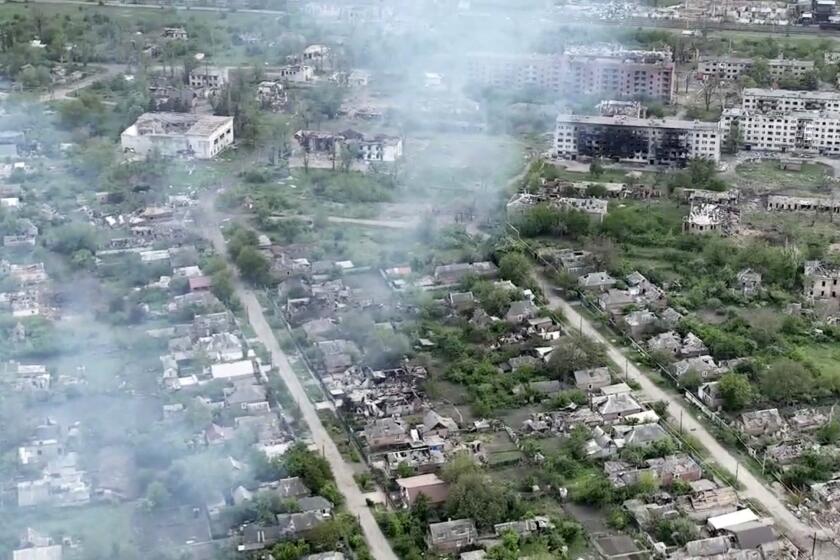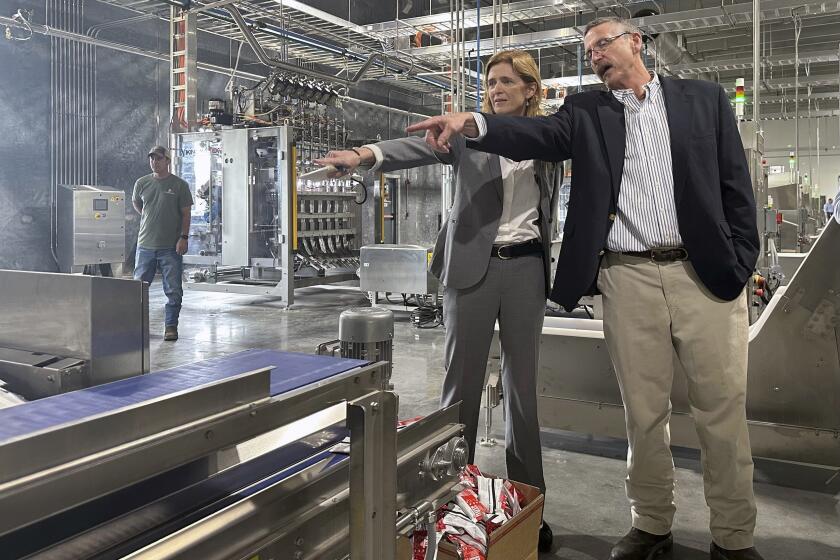At landmark Vatican summit, Pope Francis demands bishops act to stop sex abuse
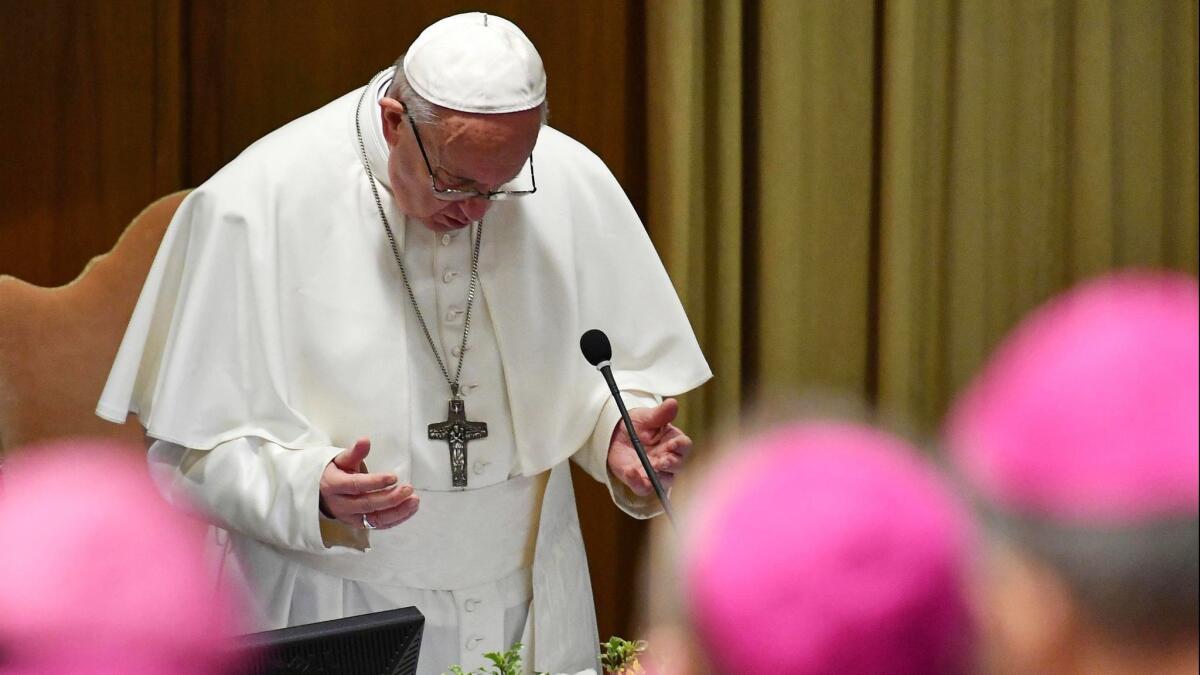
Pope Francis warned bishops he wants “concrete measures” to stamp out sex abuse in the church on the first day of a groundbreaking Vatican summit where he handed out 21 proposals for cracking down on predator priests.
Addressing 190 cardinals, bishops, priests, monks and nuns at the start of the four-day event, Francis urged them to “hear the cry of the little ones who plead for justice,” before delegates watched videos of shocking testimonies from victims.
“The holy people of God look to us, and expect from us not simple and predictable condemnations, but concrete and effective measures,” Francis said.
After 20 years of scandals that have rocked the church, Francis said he was praying for divine support to “help us to turn this evil into an opportunity for awareness and purification.”
Francis held the summit after revelations of abuse in Chile, where he initially disbelieved the claims of victims before admitting last year he was mistaken, and in the U.S., where former Cardinal Theodore McCarrick was defrocked this month for sexually abusing an 11-year-old boy and sleeping with seminarians.
After Francis spoke, Filipino Cardinal Luis Tagle choked up repeatedly as he told delegates that the wounds carried by the victims of priestly predators resembled the wounds of Christ on the cross.
Among the victims whose recorded accounts were played at the summit, one said bishops “are the physicians of the soul, and yet, with rare exceptions, you have been transformed in some cases into murderers of the soul, into murderers of the faith.”
Another unnamed victim said a priest had made her have three abortions after repeatedly getting her pregnant, beating her if she refused to have sex. Another warned that abuse by priests was a “time bomb” set to explode in Asia, where few scandals have yet emerged.
“These were brutal, honest testimonies,” said German priest Hans Zollner, who helped organize the conference.
“We needed to listen to the victims — this was sacred ground,” said the Vatican’s top abuse investigator, Archbishop Charles Scicluna of Malta, who said it was the first time some of the delegates had ever heard the testimony of a victim.
During the session Thursday, Scicluna talked delegates through the steps they should take if they hear about abusive priests.
Indicating how little weight some bishops give to the problem, Archbishop Mark Coleridge of Brisbane, Australia, revealed some prelates from Africa and Asia at the summit had asked why child abuse was such a high priority when child labor was a pressing concern in their countries.
Francis’ 21 points included telling civil authorities of abuse “in compliance with civil and canonical norms,” as well as using lay experts in investigations and on semi-independent boards that victims can report to.
“The points are very important, a road map — it’s an understatement to say they should be taken seriously,” said Scicluna, who suggested they may be turned into canon law after the summit.
Anne Barrett Doyle, co-director of BishopAccountability.org, praised the call for lay experts but was not impressed by the proposal to inform the police about abuse “in compliance” with local laws.
“The reference to local laws is a nod and a wink to people who know that in most countries bishops and clergy are not compelled by law to report sex crimes. It’s a way of saying ‘Don’t report it if you don’t have to,’ ” she said.
She also warned that two of the proposals suggested the pope would roll back key measures introduced to halt abuse in the U.S.
The 14th point suggests “It is necessary to prevent lists of the accused being published, even by the dioceses, before the preliminary investigation and the definitive condemnation.”
“Here the pope is criticizing the trend among U.S. bishops to release lists of credibly accused clergy — he doesn’t like their transparency,” she said. “What he says sounds reasonable, but definitive convictions can take years and canon law is skewed in favor of priests, while this would take all the dead priests off the table.”
She also criticized the 15th proposal about respecting “the traditional principle of proportionality of punishment with respect to the crime committed.”
“This goes against zero tolerance; it rolls back the ‘one strike and you are out’ policy, which is the norm for U.S. bishops,” she said.
Kington is a special correspondent.
More to Read
Start your day right
Sign up for Essential California for news, features and recommendations from the L.A. Times and beyond in your inbox six days a week.
You may occasionally receive promotional content from the Los Angeles Times.
